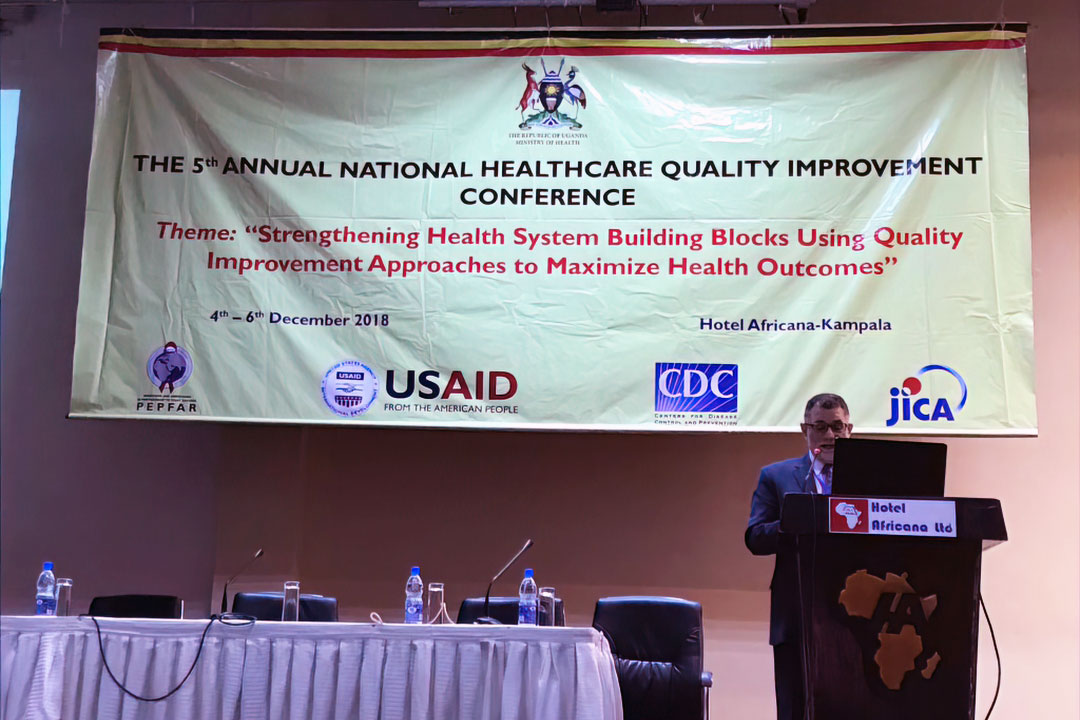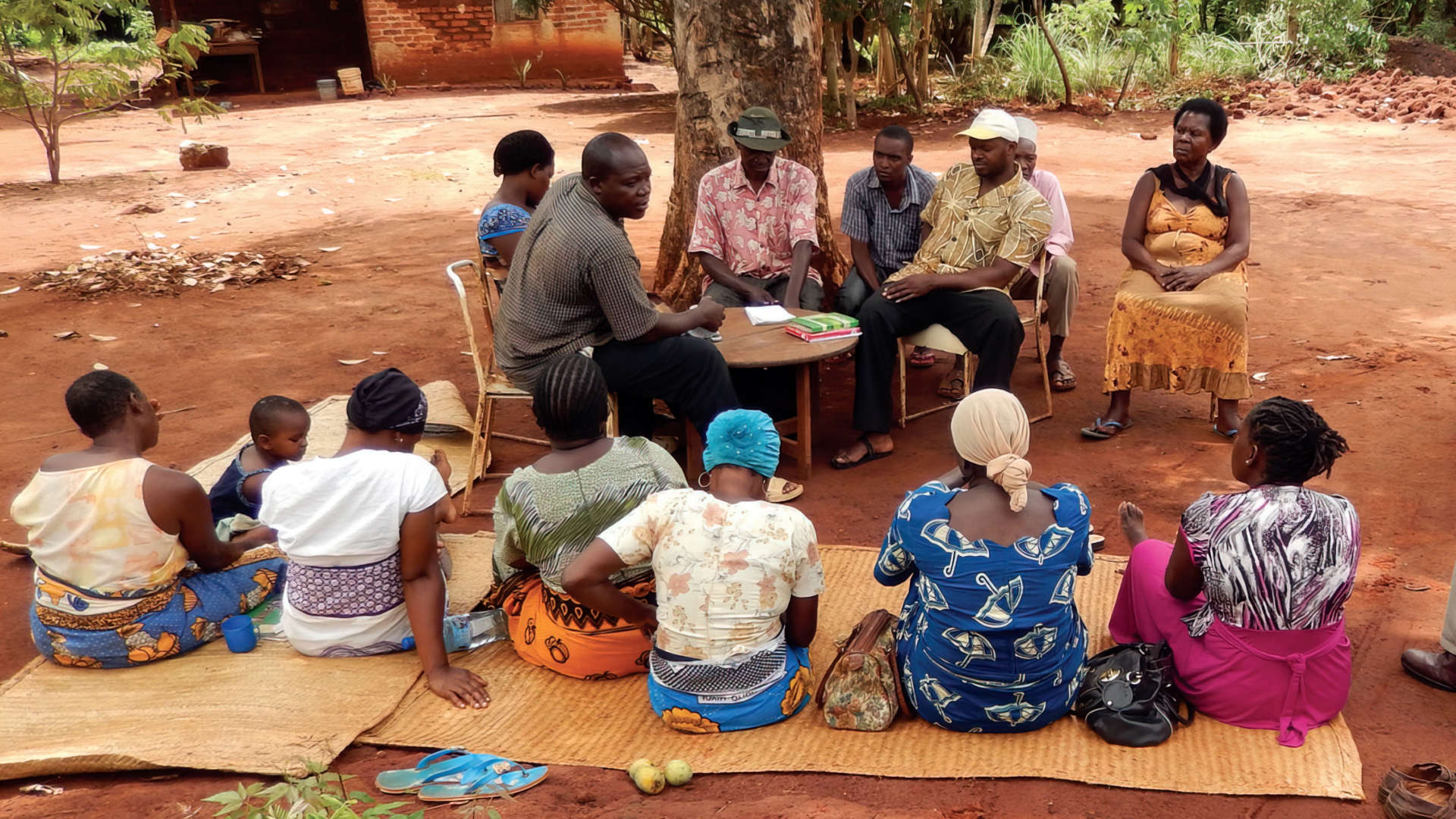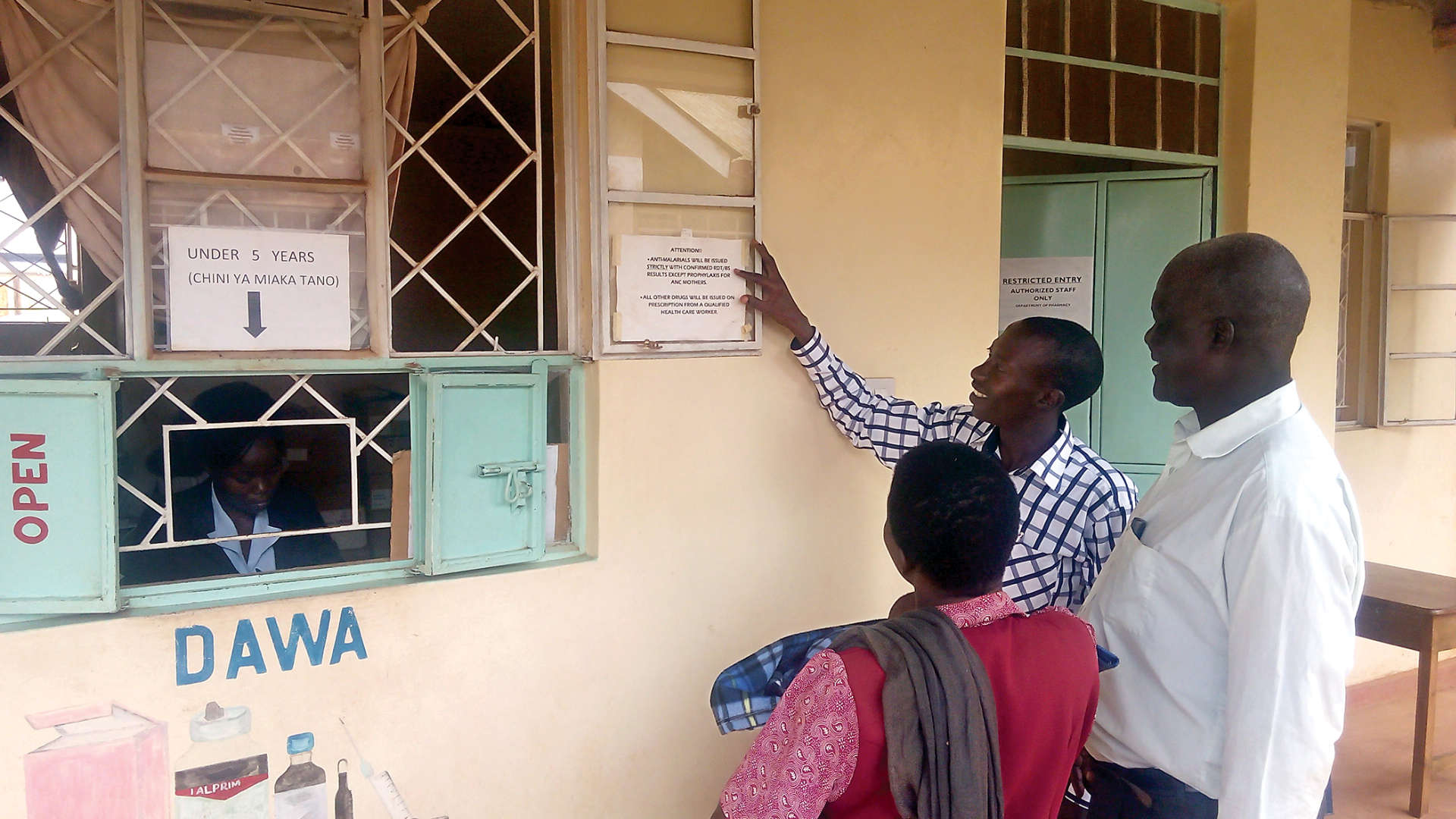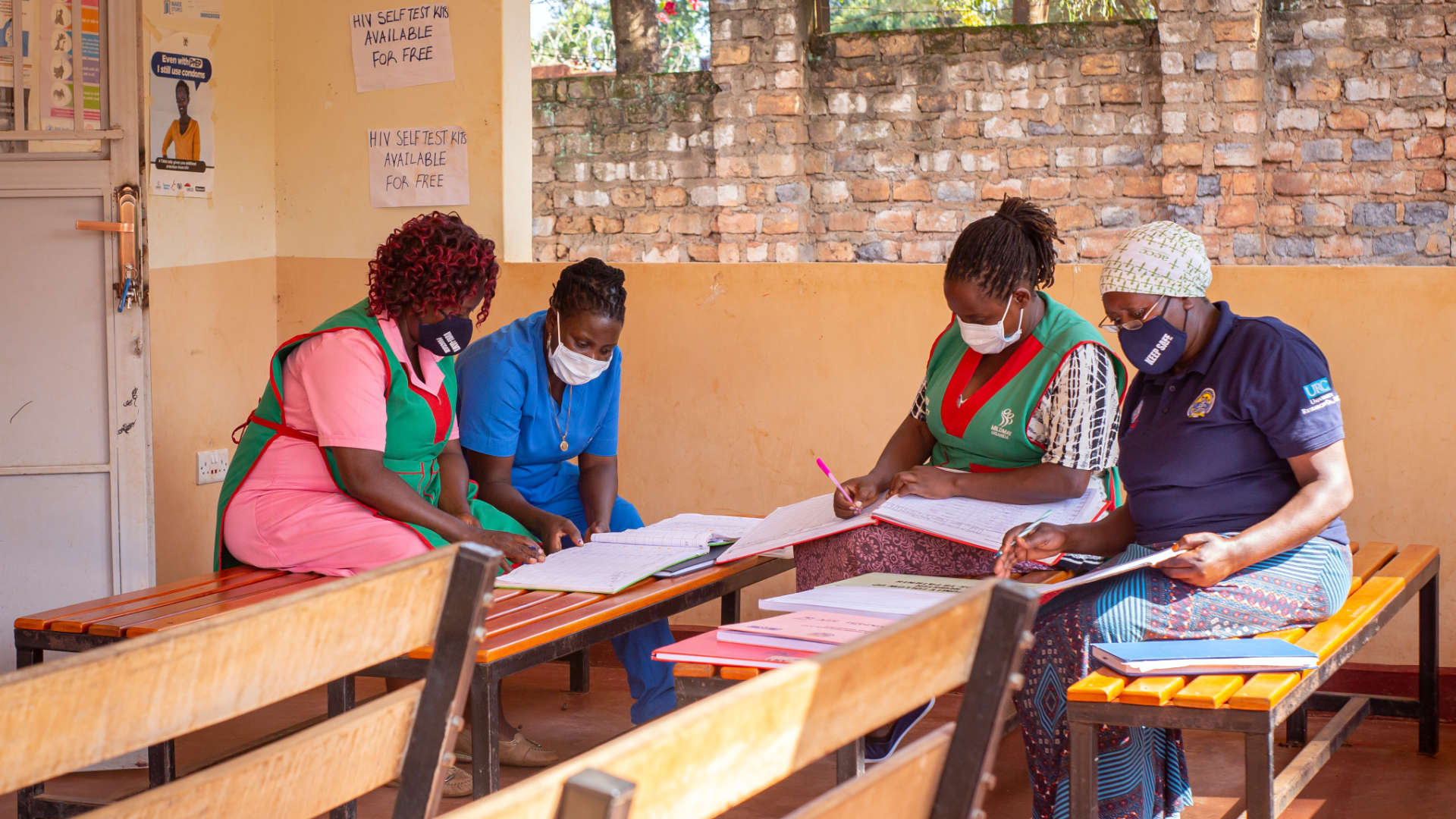Uganda’s use of quality improvement (QI) approaches to maximize health outcomes began in 1994 when the Ministry of Health (MOH) established a quality assurance program to support health service delivery and strengthen health services management at the central and regional referral hospital level. Within just 18 months, notable improvements in the quality of services were noted, including a reduction in maternal mortality among pregnant women referred to Jinja Regional Referral Hospital and reduced waiting times and increased patient satisfaction at Masaka Regional Referral Hospital.
To take stock of the journey to date, Ugandan USAID Mission Director Joakim Parker welcomed participants to the 5th National Health Care Quality Improvement (QI) Conference held December 4-6 in Kampala. The conference brought together over 600 participants including the Ugandan Minister of Health, MOH department heads, health providers (public and private), civil society, and other officials to share experiences on implementation of quality improvement approaches in the health sector. The theme of the event was Strengthening Health System Building Blocks Using Quality Improvement Approaches to Maximize Health Outcomes.
In opening remarks, Parker stated: “We need to prioritize where to invest the resources we have, improve efficiency and accountability, and build the entire health system to respond to the needs of the people.” And Ugandan Minister of Health Hon. Dr. Jane Ruth Aceng stressed that “Quality should not be the purview of the elite or an aspiration for some distant future. It should be the DNA of our health system.”
QI efforts to date in Uganda have resulted in a number of significant accomplishments such as a: 13% increase in facility deliveries in 15 health facilities implementing the MNCH Quality of Care Initiative in Northern Uganda eight months after rollout of interventions addressing quality improvement gaps including patient experience of care and an HIV incidence rate of 0.76 per 1,000 over two years, below Uganda’s incidence rate of 2.98 per 1,000 population among adults (15-49 years).
Keynote speaker Dr. M. Rashad Massoud, Director, USAID Applying Science to Strengthen and Improve Systems (ASSIST) Project, Chief Medical and Quality Officer/ Senior Vice President at URC, discussed the core principles of quality and improvement and stated that: “resources have to be effectively utilized in order to yield health outcomes.”
The conference was sponsored by PEPFAR through implementing partners including the USAID ASSIST Project as well as the Centers for Disease Control and Japan International Cooperation Agency (JICA).



